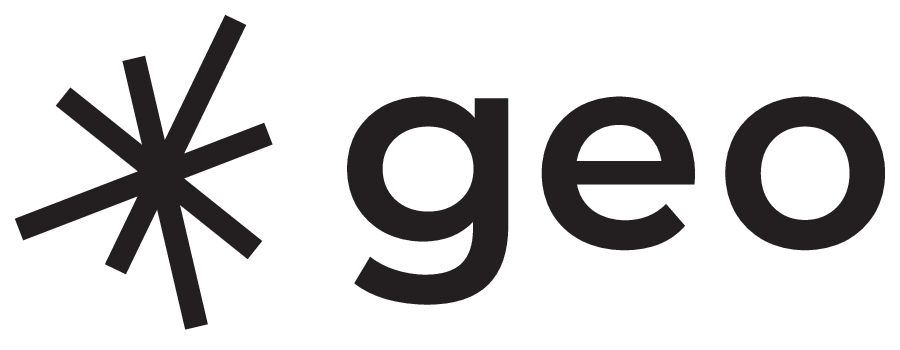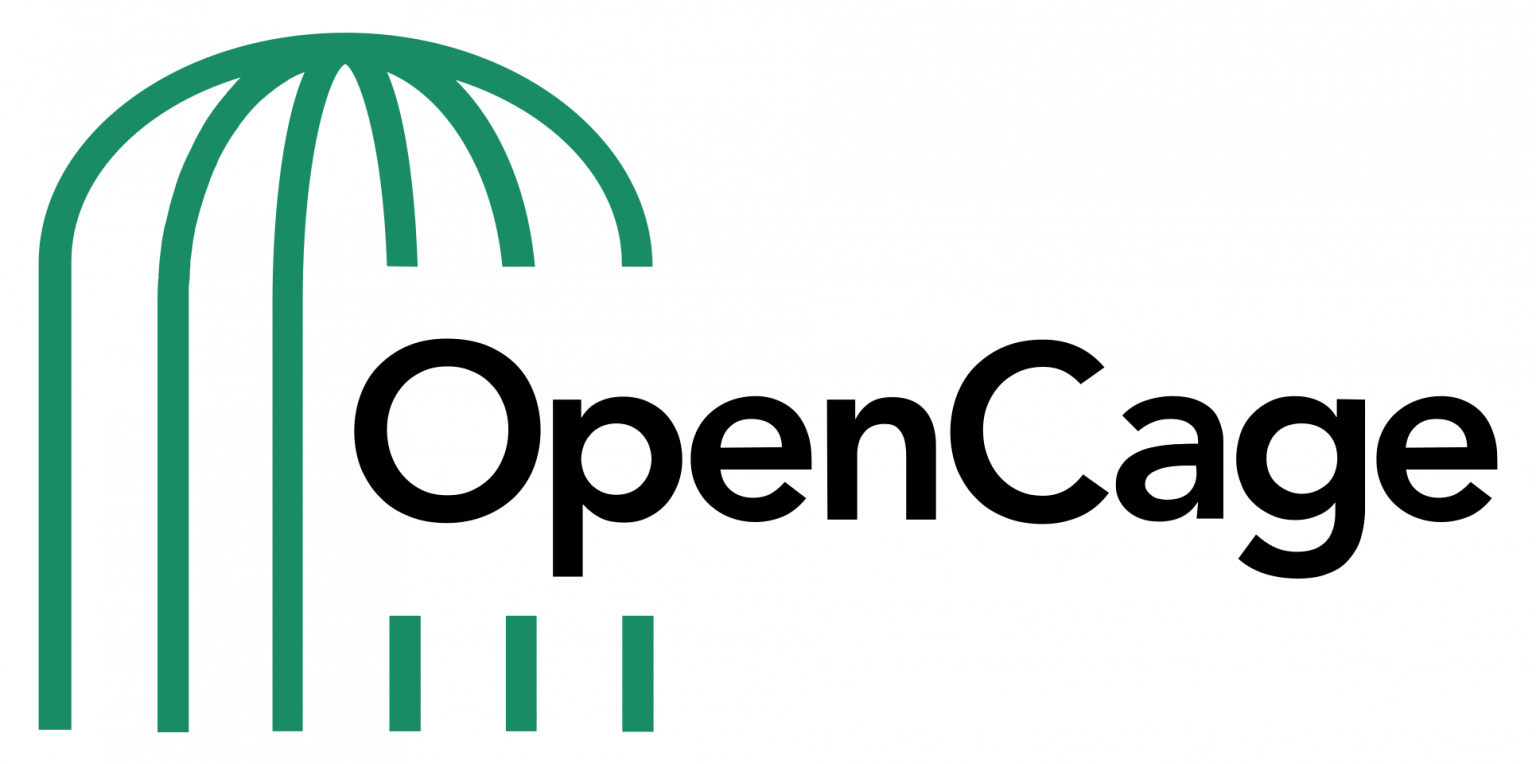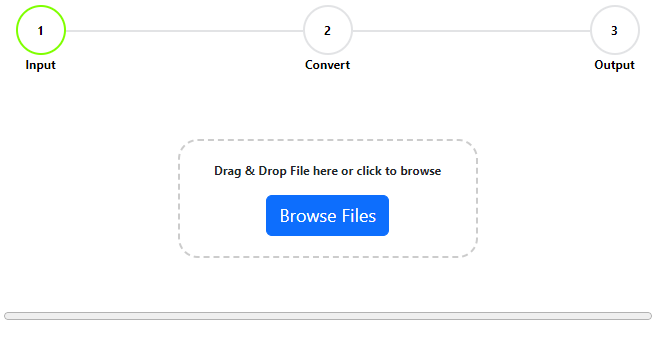Muthu Kumar is a localization engineer. He’s also the managing editor of the online community Geoawesomeness.com.
Muthu, unlike so many previous guests, is not an accidental geospatial person. He was fascinated with geography from middle school and did his bachelor’s in geoinformatics.
He’s always loved geospatial and how it can shape entire industries. Geoawesomeness.com takes that passion and enthusiasm for location-based technologies and serves as an evangelist for the technology.
WHAT IS GEOAWESOMENESS?
Geoawesomeness.com started as a blog ten years ago.
It was founded by Alex Buczkowski from Poland. He started the platform for himself and his friends at a master’s program to showcase his passion for all things related to geospatial technologies.
I joined a year later, and fast forward 10 years, it’s one of the largest geospatial communities out there, bringing people and the industries they serve together — through blogging and online or physical events.
HOW POPULAR IS THE BLOG? CAN YOU SHARE SOME STATS?
The platform got 7 million page visits last year and we are around the same mark this year.
When you start blogging, and I still remember the early days, we were celebrating when we crossed 500 page visits for the entire month.
There were days where we’d be celebrating when a particular blog was read by 100 people.
People underestimate what they can accomplish over long periods. And they overestimate what they can do in a short amount of time.
We’re happy with where we are today.
EVEN 500 VISITS A MONTH IS A LOT. IMAGINE THAT MANY PEOPLE TURNING UP AT YOUR HOUSE.
And it’s not even those 500 page visits, or the 7 million page visits, that count.
What counts is those emails we get from individuals letting us know they enjoy reading the blog, benefit from it, or find a job because they were blogging with Geoawesomeness.
These personal stories and interactions are the ones that make our lives a lot more enlightened and fun.
We don’t check statistics daily. The statistics serve a purpose, and we love seeing 7 million page visits a year. Still, the real story is the personal interactions.
WHAT KEPT YOU GOING AT THE START?
Friendship with Alex and conversations.
Over the years, we’ve had so many conversations exchanging information and talking about where the industry is headed.
That’s what kept us going — a sparring partner who was just as excited to speak about geospatial regularly.
When I started blogging, we were having conversations every other day. With family commitments and more responsibility at work, the frequency has reduced, but we still exchange at least one text message every other day and get on a call every week.
We had a team, and we pushed each other to strive for greatness and change the world through our words.
DOESN’T PUTTING YOUR WORDS OUT INVITE DISAGREEMENT AND CRITICISM? HOW DO YOU HANDLE IT?
We all have opinions.
The first couple of criticisms I received were hard to take and difficult to comprehend. Especially when they were not a critique of a particular fact, but more on personal opinions, such as “I don’t believe in the future you envision,” or “It’s not as rosy or complicated as you envision it.”
When you hear such thoughts as an early-stage professional, you can’t help but feel imposter syndrome. You wonder if you’re out of your league? Are you talking about things you should not be talking about?
But I also saw myself evolve through these criticisms and interactions — when somebody criticized me and pointed out something that I got wrong.
In my first year of blogging, I remember I got the frequency of the SBAS satellites wrong. Someone had to point it out.
That’s a mistake I shouldn’t have made, considering I work in the satellite navigation industry. I quickly fixed it and dropped a note, “Sorry for the mistake in the blog about the frequencies.”
If you’re willing to admit your mistakes and learn new things, you’ll be fine.
I’m not going to lie — it is hard to take criticism that’s not about facts but opinions and evolve and learn from it.
NOT ALL CRITIQUE IS EQUAL
You’ll never satisfy every single person out there.
Take our online events.
Some people want them to be detailed and focused on programming. Others prefer a broader overview of the technology and the concept and don’t care about the details.
The same applies to criticism as well.
People view your work through their prism and they have a different opinion about it than you do.
As you’re willing to take the core message and improve whatever content you’re creating, you’ll be fine. If you take it personally, your life will get complicated.
WHAT HAS ONLINE VISIBILITY MEANT FOR YOU PERSONALLY? FOR YOUR CAREER?
Personally?
It’s given me immense satisfaction to have these conversations with people and learn from their experiences.
It’s gotten easier for me to have conversations with people and I don’t have to try hard to get an appointment.
That’s amazing.
But other than that, it hasn’t changed my life.
For my career, I can’t explain how much of a boost it has been.
The conversations I’ve had through Geoawesomeness have helped me connect the dots better. I’ve landed jobs through the work I’d done through Geoawesomeness.
It’s one of the best things you can do for your career — to have a positive online presence.
I’m not talking about creating a Twitter account and tweeting about the happenings of the world. If you want to be one of the best network people in the geospatial industry, then write blogs, create podcasts, videos, whatever it is.
It’s a wonderful way to meet people and expand your horizons.
WHY AREN’T MORE PEOPLE INVESTING BUILDING AN IN ONLINE PROFILE, LIKE GEOAWESOMENESS?
People are more willing to create a social media account, say Twitter, and less inclined to spend a couple of hours building their professional online presence — especially when they’re a student or an early stage professional.
By doing so, you differentiate yourself from the rest of the crowd and show how passionate you are about the industry.
This isn’t just about getting a job.
My guess is that people don’t do it because it takes work. Maintaining a website is hard work. You don’t immediately see the results, either.
It takes time.
But that doesn’t mean you have to have your own website. You can shine on other platforms that have an open policy, Geoawesomeness included.
You can go on LinkedIn and write there if you don’t want to maintain a website.
Don’t be put off by the amount of work or documenting your thoughts in a certain way.
MAKING YOUR THOUGHTS AND OPINIONS PUBLIC WILL INEVITABLY DRAW CRITICISM. DON’T TAKE IT TOO SERIOUSLY.
As long as you know the purpose of why you’re doing what you’re doing, you’ll be able to handle the criticism, especially if it’s not constructive.
When somebody criticizes an opinion, it doesn’t make it true.
“If we are going to discuss facts, then let’s discuss them. But if we’re going to discuss opinions, then let’s go with mine.” Unknown
HOW DO YOU HANDLE WORKING FULL TIME AND KEEPING UP THE COMMUNITY? DO YOU EVER BURN OUT?
I started blogging because the first full-time job was not as challenging as I expected it to be. It frustrated me.
I needed to focus my energy on something else, besides the full-time job, so I can keep growing and avoid frustration.
You can improve your performance, avoid burnout and thrive. I’m a great advocate for “Peak Performance” by Brad Stulberg and Steve Magness.
Nothing fluffy about it. It’s a scientific and an evidence-based approach.
If you have a purpose, you can avoid burnout. Having a purpose transcends you as a person who wants to do something you believe can help others and change lives.
You’ll recharge your battery faster and more often than you’d otherwise do if you were simply focusing on your own career or money.
It’s not why I started blogging. I didn’t know about Brad and Steve’s book, but I started off doing it because I wanted to have an area where I can focus my energies and feel productive.
Now that I’ve connected some dots, going back I can see how, when I felt frustrated, a bit burned out, I started blogging because I enjoyed it.
It had a higher purpose. Not that I knew it.
And this higher purpose is why I’ve kept it up for all this time.
It’s challenging to have a full-time job and run a platform. You make a commitment, not just to yourself but to the community, that you’ll produce content. Your friends and family also have expectations of you and your free time.
Having a purpose that transcends me has played a massive role in avoiding feeling stressed.
DID YOU EVER CONSIDER LAUNCHING YOUR OWN BLOG?
No, not really. I’ve always associated myself with Geoawesomeness.com. I probably wouldn’t even be here if I’d been blogging as Muthu.
I would have just worked alone, in a vacuum and not with a team that challenges and evaluates your opinions.
Geoawesomeness has always welcomed individual styles and contributors — it’s worked for over a hundred contributors.
I’m sticking with it.
ARE YOU A JOURNALIST OR A CREATOR?
I have respect for the profession, so I’d never call myself a journalist.
Plus, I’m not that organized.
Probably a creator. I like connecting the dots, having conversations and writing about those conversations.
WHAT’S THE PROMISE GEOAWESOMENESS.COM MAKES?
We never publish press releases.
We are a community platform providing commentary, inspiration, and explanation about what’s happening in the geospatial industry.
We don’t publish press releases — they don’t tell a story — they’re just lines of text.
We publish stories, connect them and tell you why that’s important.
I FEEL A PERSONAL RESPONSIBILITY FOR THE CONTENT
When I publish content for the consumption of others or events I organized, I’ve always felt responsible for other people’s time.
When I hosted events in Munich, I would go and meet the speakers a week or two ahead of the event — have a coffee with them, talk to them about the event, get an idea about their work, and tell them what to expect.
It seems like a lot of effort for a 20-30 minute presentation but I felt a sense of responsibility for the time of 70-80 other people.
WHAT DOES A COMMUNITY LOOK LIKE TODAY? HOW DO YOU MAKE SURE PEOPLE IN THE COMMUNITY ARE GETTING WHAT THEY NEED OUT OF IT?
We started as a blog. When we realized we were having great conversations with really wonderful people in the industry, we wanted to make these conversations available for everybody.
We started writing and interviewing people rather than just writing and blogging from our perspective.
By then, we were building an online community, connecting people online and later in person.
We started doing events in Munich. The community came together for an evening to geek out about geospatial technology and the industries it serves.
Today we bring the community together through blogs, social media accounts, and online events.
We call it a community because more than two people are contributing to it. Anybody can join and benefit from it. We have an open-door policy. We do things together. We have the common goal that we like geospatial technology and what you can do with it — whether it’s for business, for government policy, or for transforming the world for the better.
I WANT TO CREATE A COMMUNITY. WHAT SHOULD I DO?
I don’t consider myself an expert in building communities.
I enjoy creating communities and bringing people together.
There are different ways in which you can do it. If you have a great voice, create a podcast.
If your voice isn’t so great, stick to the writing.
People do YouTube videos — pick a format you feel comfortable with. What’s more important is that you don’t go with a high frequency at the start, only to be burned out and unwilling to continue.
Start slow, do what you like, and iteratively improve it.
DO YOU CONSIDER YOURSELF TO BE A LEADER?
No.
I enjoy working in a team and try things out — technology, a new mechanism for communication, a new platform for automating tasks.
I love the results you get when you bring people together and believe in the collective and being stronger together.





